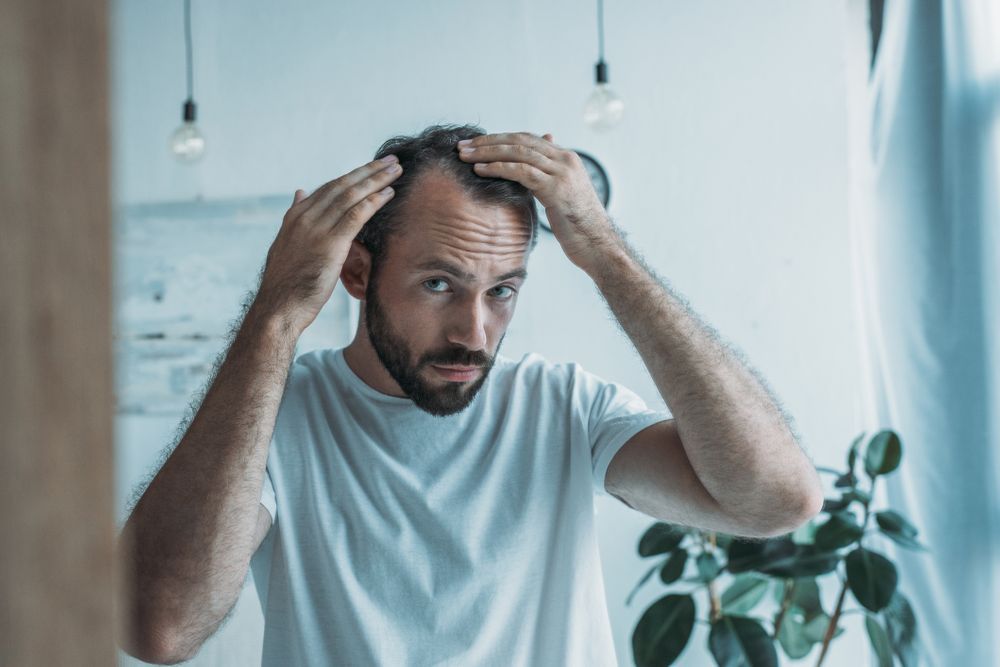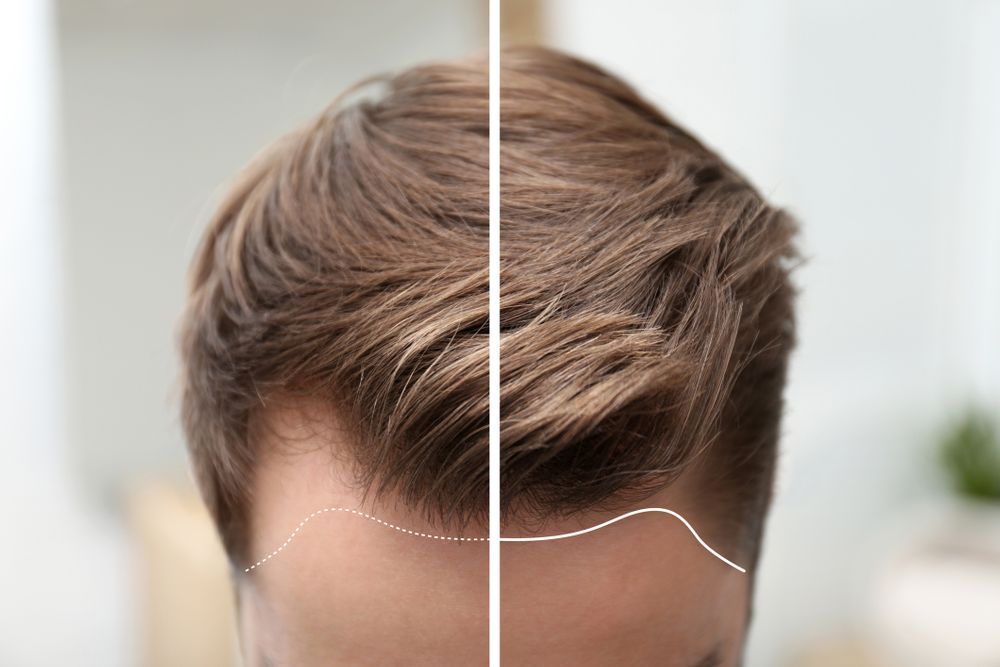Understanding Alopecia: The Journey Through Hair Loss
A compassionate look into the world of alopecia — exploring its emotional, physical, and social impact. Learn how individuals navigate the challenges of hair loss, embrace self-acceptance, and find support through community, awareness, and care.
Introduction

Hair loss can be a deeply personal and challenging experience, impacting not only appearance but also self-esteem and confidence. Among the various causes of hair loss, alopecia stands out as a condition that affects millions of people worldwide.
In this article, we explore the world of alopecia — its different types, underlying causes, and the emotional journey faced by those who live with it. Our goal is to shed light on both the science and humanity behind hair loss, helping readers understand that strength, identity, and beauty can thrive beyond appearance.
What is Alopecia?
Alopecia is a broad term encompassing several types of hair loss. The most common form is alopecia areata, an autoimmune disorder where the immune system mistakenly attacks hair follicles, leading to hair loss. This condition may appear as small, coin-sized patches on the scalp (alopecia areata), complete loss of scalp hair (alopecia totalis), or total body hair loss (alopecia universalis).
Understanding the Causes
The exact cause of alopecia remains elusive, but experts believe it stems from a combination of genetic, environmental, and immune factors. Triggers like stress, hormonal shifts, or medical conditions may exacerbate symptoms. For many, hair loss begins unexpectedly, making the condition as unpredictable as it is emotional.
The Emotional Impact
Beyond physical changes, alopecia can take an emotional toll. Many experience self-consciousness, anxiety, and social withdrawal. Society’s focus on hair as a symbol of beauty can intensify these struggles. Recognizing and addressing the emotional side of alopecia is as vital as treating its physical symptoms.
Coping Strategies
Many find strength through support groups, therapy, and online communities that foster connection and understanding. Exploring medical treatments like corticosteroids, minoxidil, or hair transplantation can also help. Above all, embracing individuality and redefining personal beauty are powerful steps toward healing.
Empowering Awareness
Raising awareness about alopecia helps build understanding and empathy. By dispelling myths and promoting education and inclusivity, we can reduce stigma and support those living with hair loss. Awareness transforms perspectives—encouraging society to see beauty in every form and every story.
Custom Hair Loss Compounding by Rock Ridge Pharmacy
Personalized scalp and hair regrowth solutions, crafted with science and care

Why Choose Rock Ridge Pharmacy?
At Rock Ridge Pharmacy, our pharmacists prepare custom hair restoration formulations on-site, designed in collaboration with dermatologists and functional medicine providers. We compound evidence-based solutions that address hair thinning, alopecia, and scalp inflammation—helping promote healthy regrowth and confidence.
Our pharmacy offers customized topical and oral formulations—including minoxidil combinations, finasteride blends, and scalp-soothing therapies. Each prescription is carefully reviewed for strength, tolerability, and compatibility with your provider’s treatment plan.
Conclusion: Embracing Strength and Self-Discovery
Let us celebrate the strength and confidence of those living with alopecia by embracing diversity and promoting understanding. True beauty lies not in hair, but in the authenticity and courage it takes to embrace oneself fully — inside and out.
Frequently Asked Questions (FAQ)
What is alopecia?
Alopecia is a general term for hair loss from the scalp or body. It can be temporary or permanent, and may occur due to autoimmune conditions, hormonal changes, genetics, or medical treatments.
What are the main types of alopecia?
The most common forms include alopecia areata (patchy hair loss), alopecia totalis (complete scalp hair loss), and alopecia universalis (loss of all body hair). Each type has unique causes and treatment approaches.
Can alopecia be treated?
While there’s no universal cure, various treatments may help regrow or preserve hair. These include topical corticosteroids, minoxidil, oral medications, or light therapy—depending on the cause and severity. Consultation with a dermatologist is essential.
Is alopecia caused by stress?
Stress does not directly cause autoimmune alopecia, but it can trigger or worsen hair shedding. Managing stress through mindfulness, exercise, or counseling can support overall scalp and immune health.
Is alopecia contagious?
No. Alopecia is not contagious or spread through physical contact. It is often autoimmune or genetic in nature, meaning the body’s immune system mistakenly targets hair follicles.
Can diet influence hair health?
Yes. A balanced diet rich in protein, iron, zinc, biotin, and vitamins A, C, D, and E supports healthy hair growth. Nutrient deficiencies can worsen hair thinning or delay regrowth after alopecia episodes.
Will hair grow back after alopecia areata?
In many cases, hair does regrow—though texture and color may differ initially. Some individuals experience cycles of regrowth and loss, while others regain hair permanently. Early intervention can improve outcomes.
Are there supportive products for scalp health?
Yes. Rock Ridge Pharmacy offers dermatologist-recommended scalp care, compounded topical treatments, and gentle cleansers designed to soothe and protect sensitive skin.
How can I cope emotionally with hair loss?
Joining alopecia support groups, speaking with a counselor, or connecting with others who share similar experiences can ease emotional stress. Embracing wigs, scarves, or going naturally bald are all valid paths toward self-acceptance.
Where can I get professional help for alopecia?
Rock Ridge Pharmacy collaborates with dermatologists and healthcare providers across New Jersey to offer compassionate guidance and tailored scalp care solutions.
Support for Hair Health
Experiencing hair loss or scalp sensitivity? Call Rock Ridge Pharmacy at (201) 444-4190 or visit our dermatology section for guidance on topical therapies, compounded treatments, and gentle scalp care solutions. Our pharmacists partner with dermatologists to provide personalized support for your unique hair and scalp needs.


